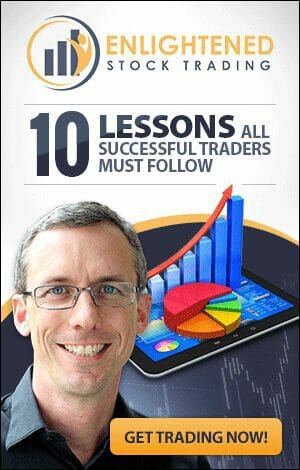Ray Barros stands as a beacon in the trading world, known for his unique blend of precision and strategic foresight. His ability to navigate market uncertainties with a calculated approach has earned him not only financial success but also the respect of his peers.
Brief Bio of Ray Barros
Born into a world where numbers make or break fortunes, Ray Barros turned his passion for analytics into a thriving career in trading. With educational roots grounded in finance and economics, his formative years were marked by relentless pursuit of knowledge, which later sculpted his trading philosophies. Over the decades, Ray has held prestigious positions at various top-tier financial institutions, continually refining his approach to both traditional and crypto markets.
- LinkedIn: Ray Barros
- Twitter: Ray Barros
- Facebook: Ray Barros

Born: July 12, 1962
Education: Bachelor’s in Economics, Master’s in Finance
Interviews with Ray Barros
We discover what makes great traders tick! My ‘Ten Trading Questions With…’ guest this week is Ray Barros, professional trader, fund manager, mentor, educator and author.
Trading History
Ray’s journey through the financial markets is a chronicle of milestones—from his early days at a local brokerage to managing multimillion-dollar portfolios. His career timeline is dotted with strategic trades that not only averted crises but also capitalized on market highs, making his strategies a study in resilience and adaptability.
Trading Strategy
Barros’s strategies are a sophisticated mix of quantitative analysis and behavioral finance. He employs a dynamic trading system that adjusts to market volatility, with a strong emphasis on risk management techniques to protect investments from sudden market downturns.
Notable Achievements
Ray Barros is celebrated for managing funds that consistently outperform market averages, with particular accolades for his role in navigating the 2008 financial crisis. His insights and forecasts often make headlines, further cementing his legacy in trading.
Personal Insights
Beyond charts and numbers, Ray finds solace in the calm of nature. An avid hiker and photographer, he believes in balancing the high-stakes world of trading with moments of tranquility.
Philosophy and Values
Barros advocates for ethical trading and is a significant donor to educational charities, believing in the power of knowledge to transform lives. His trading philosophy is simple: integrity and patience over quick gains, a reflection of his broader life values.
Impact and Legacy
Ray Barros’s impact on trading is profound. His methodologies have influenced a generation of traders, and his commitment to ethical practices has set new standards in the industry.
Quotes by Ray Barros:
Books by Ray Barros
Ray Barros is a respected trader and financial market analyst known for his expertise in trading systems and market analysis. He has authored books that are highly regarded in the trading community for their insights into effective trading strategies and risk management. Here are some of his notable publications:
In this book, Ray Barros explains how to identify and trade market trends with precision. He explores the structure of markets, the patterns they form, and offers strategic advice on how to capitalize on these patterns.
While this book is authored by Brett Steenbarger, Ray Barros is featured for his psychological insights and experiences in trading. It provides valuable psychological strategies that can help traders cope with emotional challenges and improve their decision-making.
Ray Barros’ books are essential for those interested in understanding the depth of market analysis and the psychological aspects of trading. His work provides both foundational knowledge and advanced strategies, making it suitable for a wide range of traders and investors.
Current Life
Currently residing in Singapore, Ray’s trading activities and lifestyle are heavily influenced by the city’s dynamic market landscape, providing him with the perfect backdrop to apply and share his extensive trading knowledge.
Estimated Net Worth
While exact figures are elusive, estimates suggest Ray Barros’s net worth is in the upper echelons of the trading world, reflective of his successful strategies and investment choices.
Interviews with Ray Barros
Asking Hedge Fund Manager How He Made $923,000,000 (Ray Barros)
Million Dollar Trader Secrets To Success – Ray Barros | Trader Interview
“Anyone Can Trade For A Living” – Ray Barros | Trader Interview
Note: All information is sourced from public domain websites on a best-efforts basis. For any corrections, additions, or to request this profile be removed, please contact [email protected].
Other Famous Traders & Investors
Click here to find a complete list of the famous traders and famous investors we have profiled. This is a valuable resource of trading wisdom and inspiration for all traders showing what is possible in this industry.









Share This
Share this post with your friends!